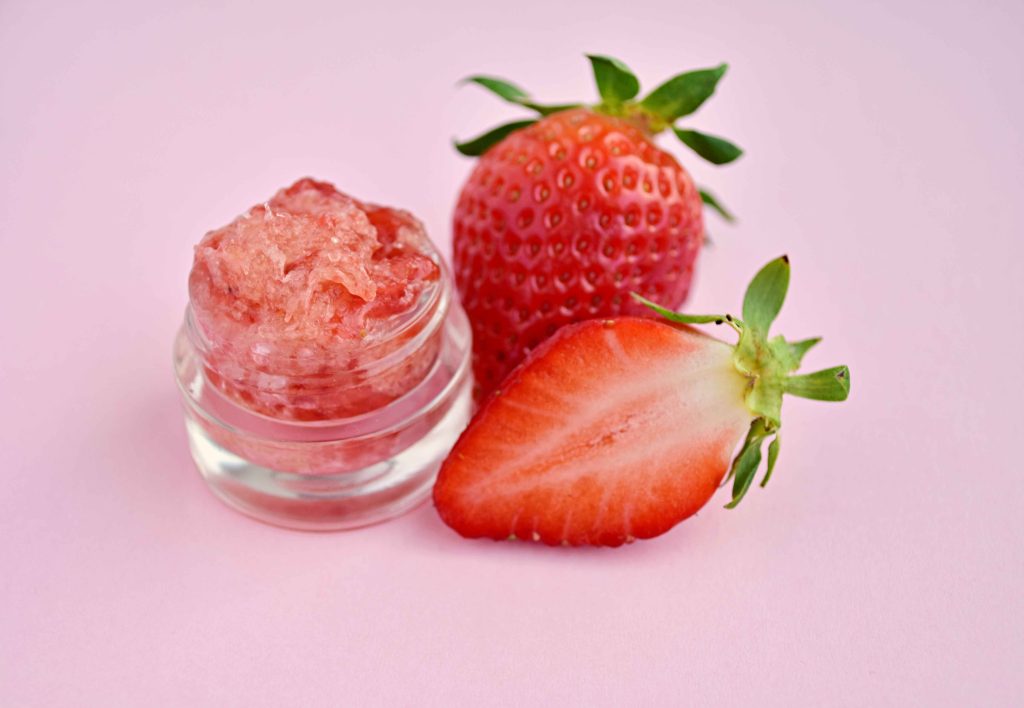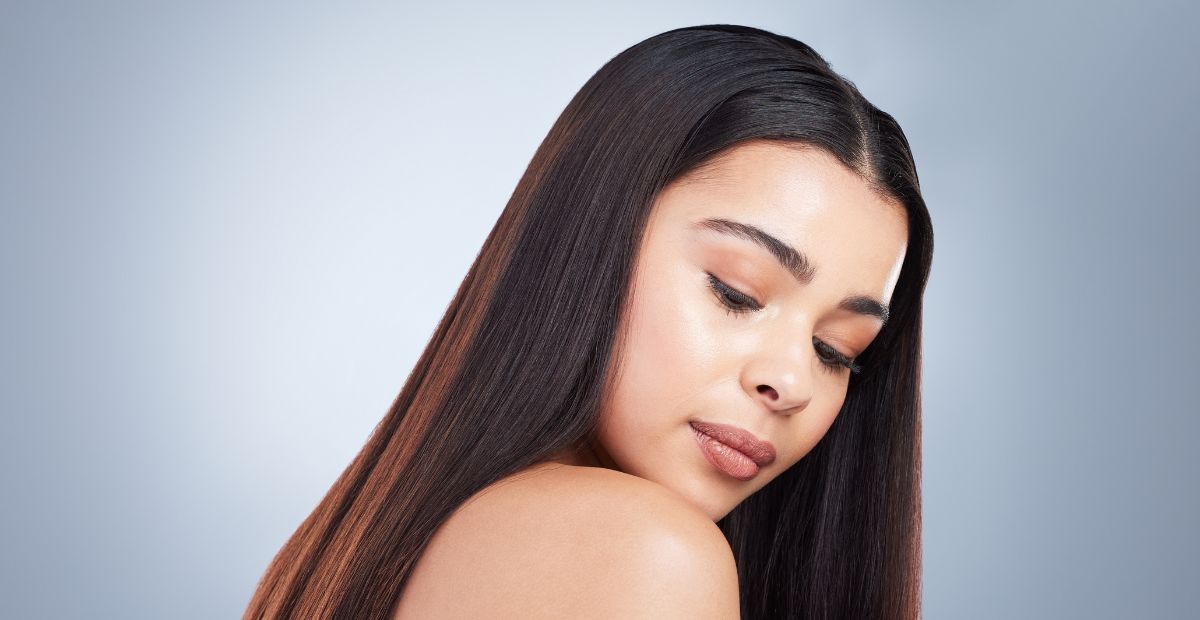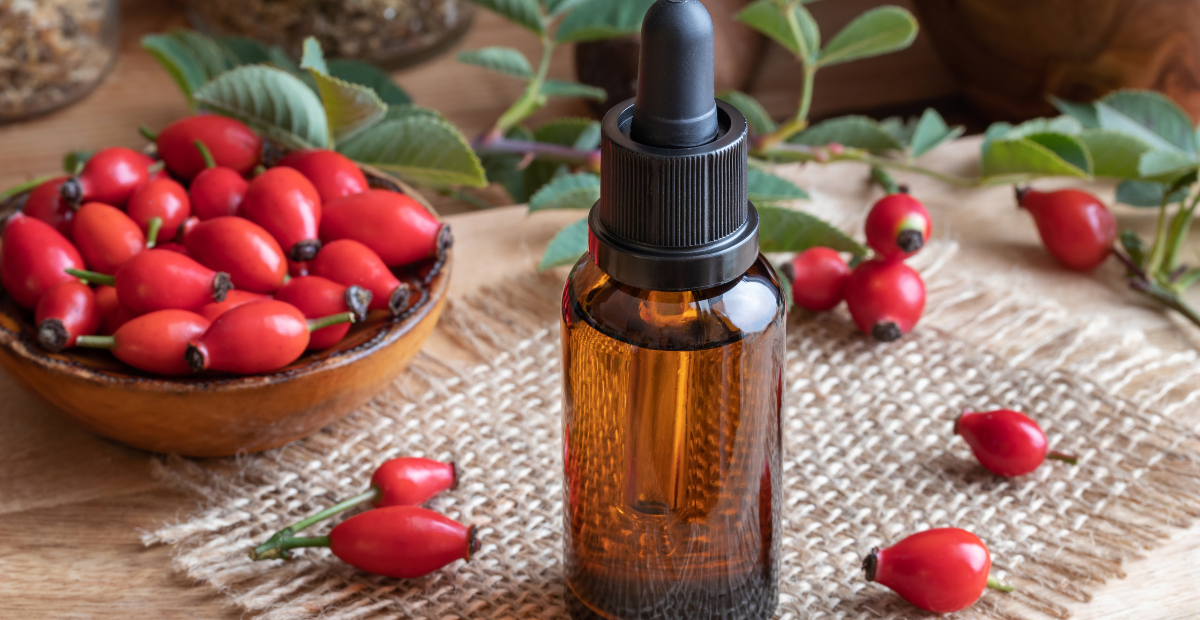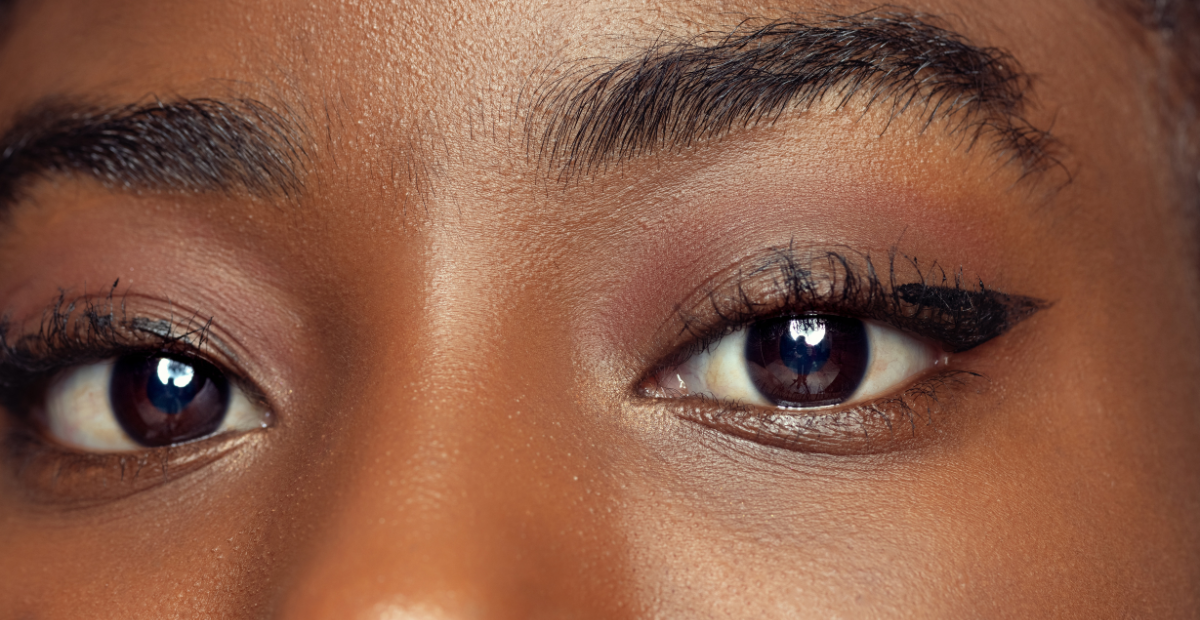How to Treat Chapped Lips: 5 Lip-Saving Tips
Onskin Content Team
Your guides through the skincare chaos

Red, dry, chapped lips are something everyone experiences from time to time, and unlike messy hair that can add a touch of charm, these lips—let’s be honest—feel more like an itchy, scratchy wool sweater. And even if you’re faithful to your lip balms, your lips may still misbehave!
But hey—this doesn’t mean you’re treating your lips completely the wrong way. Lips don’t have oil glands like other skin areas, so retaining moisture is a whole challenge for them. That’s why your lips need constant TLC—and not only during colder periods but at any time of the year.
Here’s what you can do (or avoid doing) to keep your lips smooth and nourished, no matter the season.
#1. Drink Plenty of Water
This might be the easiest tip for long-term results. The U.S. National Academy of Medicine recommends that you drink 9 cups of water daily (where 1 cup is around 8 ounces). This can help support the moisture level of your skin—including your lips, of course!
#2. Curb That Urge to Lick and Bite Your Lips
You might find yourself biting, licking, or munching on your lips even without realizing it, especially when stress kicks in (hi, same). But the trick is that your saliva contains digestive enzymes that start the chemical breakdown of food in the mouth. Not only food, but they can also break down the skin on your lips. Yikes, right? So try not to lick them so much. Instead, keep a trusty lip balm for those impulse moments. As an alternative, you may find a product that tastes… well, not to your taste, so if you give your lip a nibble, you’ll be greeted with a less-than-pleasant surprise.
#3. Balm Your Chapped Lips
You’re probably already doing it regularly, yet lip balms are not all created equal. The rule of thumb is to use a non-irritating lip balm, lipstick, and other lip products. Whenever you feel burning or stinging sensations after applying a lip product, there’s a high chance this product is just not it, rather than the ingredients working their magic (lip plumpers are a bit of a different story—we’ll get there in a minute). To give your lips extra comfort, consider focusing on products including plant-based waxes, which aren’t likely to cause allergic reactions:
- Carnauba wax (Copernicia cerifera wax) helps keep your lips soft.
- Candelilla wax (Euphorbia cerifera wax) provides a good boost of hydration and nourishment for your lips.
- Rice bran wax (Oryza sativa wax) aids in preventing inflammation, softening your lips, and locking in moisture.
You may also look for natural oils and vitamins, especially fat-soluble ones like E, K, A, and others.
#4. Why Choose Balms & Oils Over Glosses?
In a nutshell, lip glosses provide that perfect glossy, tinted pout or plumped look (depending on the formula), while lip oils are formulated to hydrate and nourish your lips first and foremost, rather than focusing solely on surface beauty (though they often come tinted as well).
Another perk of using lip balms and oils is that lip glosses contain more water and hyaluronic acid compared to the nourishing components of oils. Oils, on the other hand, are rich in oil-based components and are designed to protect your lips from dehydration (anyone else like blasting the AC and then wondering, “Why are my lips so dry?”), wind, and other lip-harming factors.
Remember we also mentioned plumpers? They’re typically infused with capsicum from chili peppers, cinnamon, peppermint, and menthol, creating that “my-lips-are-on-fire” sensation. These components boost blood circulation for a plump pout, but overuse can leave your lips dry and irritated. So, enjoy the plump look, but keep it as a special treat rather than a daily habit.
Some other product components that might lead to greater lip dryness? Here they are:
- AHA/BHA acids
- Added flavor or scents (Can’t let go of that divine-smelling banana balm? Keep it, but maybe not as your go-to pick.)
And we get it, reading through ingredient lists (especially on chapsticks) isn’t exactly eye-friendly, and sometimes you just don’t have the time for that. To save time and effort, you can scan cosmetics with apps like OnSkin and see all the ingredients listed and their effects and safety decoded (and you won’t need a magnifying glass or googling stuff).
#5. Chapped Lips = No Scrubs? (not the TV Show)

Flakes on your lips trigger the knee-jerk reaction to scrape them off with a scrub? Given you’re using a gentle scrub designed for lip use, scrubbing your lips isn’t off limits—just do it gently, exfoliating in circular motions. If you don’t have a lip scrub at hand, you could even use a clean damp washcloth or towel.
However, if you notice that the cracks on your lips are bleeding, it’s better not to bother them with scrubs now. Abrasive elements may worsen the chapped condition and lead to inflammation, further cracking, and more bleeding. Focus on moisturizing instead and save scrubbing for when your lips are in healthier condition.
Bonus Tips: Tweak Your Routine (Just a Bit) to Prevent Chapped Lips
These daily routines may help boost your lips’ happiness and looks (only the last one might ask for a little splurge):
- Avoid holding items made of metal with your lips, e.g., keeping paperclips or jewelry when your hands are busy. Your lips deserve better than a possibly irritating encounter with metal!
- Opt for a straw to sip your slushy or scorching espresso. Extreme temperatures may damage your lips’ moisture barrier, so sip with your lips in mind.
- When it’s bitterly cold outside, wrap your mouth in a scarf for added comfort (and extra coziness) for your lips.
- Notice if you’re breathing with your mouth rather than with your nose. An open mouth leads to drooling (when awake and asleep), potentially causing chapped lips.
- Get an air humidifier and use it regularly to prevent dry air at your place.
And if nothing of the above does the trick and chapped lips just won’t quit, seek any chance to visit a physician. While cold weather, sunny days, or even stress-induced lip-biting can be culprits, there might be a sneakier culprit at play. It could be something as simple as needing more vitamins, or maybe it’s a case of an allergic reaction or infection. With some pro advice, you’ll be sure your lips get the best treatment.
FAQ
-
Where do I start with OnSkin?
Download the app and think of a product you’d like to know more about. Then, go to the main screen and choose how you’d like to get the info —by manually looking it up in the search bar, by scanning its barcode, or by simply taking a picture of the packaging. Once you’ve done any of these, you can see how safe the product is and if it suits your skin or hair (if this analysis is available).
-
What is Safety Rating, and how is it calculated?
In OnSkin, we base product rates on ingredients. Each is closely studied by our medical team and then evaluated. This way, each product gets a score from 0 to 100, with 100 as the safest level.
Safety Levels
- Excellent (76–100)
- Good (51–75)
- Not great (26–50)
- Bad (0–25)
These scores are backed by the latest scientific studies. You can find links to the resources we’ve used on each ingredient page. To assess the safety of product ingredients, we evaluate them according to the following parameters/criteria
- Endocrine disruption risk / Reproductive toxicity
Indicates the probability of mimicking, blocking, or interfering with the body hormones.
- Сarcinogenicity
Measures the potential risk of inducing cancer.
- Allergy risk
Estimates the probability of an allergic reaction.
- High concentration alert
Determines the risk of being unsafe in certain amounts.
-
What is Skin Match?
Based on the info you input about your skin type, age, skin care goal, and other “settings,” OnSkin checks how well a product is tailored to your unique skin needs — it’s basically like a dermatologist helping you find the right products, minus the fees and the long wait. The product you’re checking might be labeled as It’s a match!, Hit-or-miss, or Not a match for you. The app also detects ingredient groups such as Anti-acne, Anti-inflammatory, Moisturizes, May be drying, Comedogenic, and others — by tapping one, you see exactly what ingredients from this or that group are in the product.
-
I seem to have a problem with using the app. Who should I contact?
Please reach out to us at [email protected], and we’ll carefully look into your issue. Your ideas for improving the app are also very welcome!
-
Do you have an Android version?
Not yet! Hey Android users, we hear you, and we're thinking about making an Android version, but we haven't started the development yet.
Tracker Sent!
It’s on the way to your inbox.




